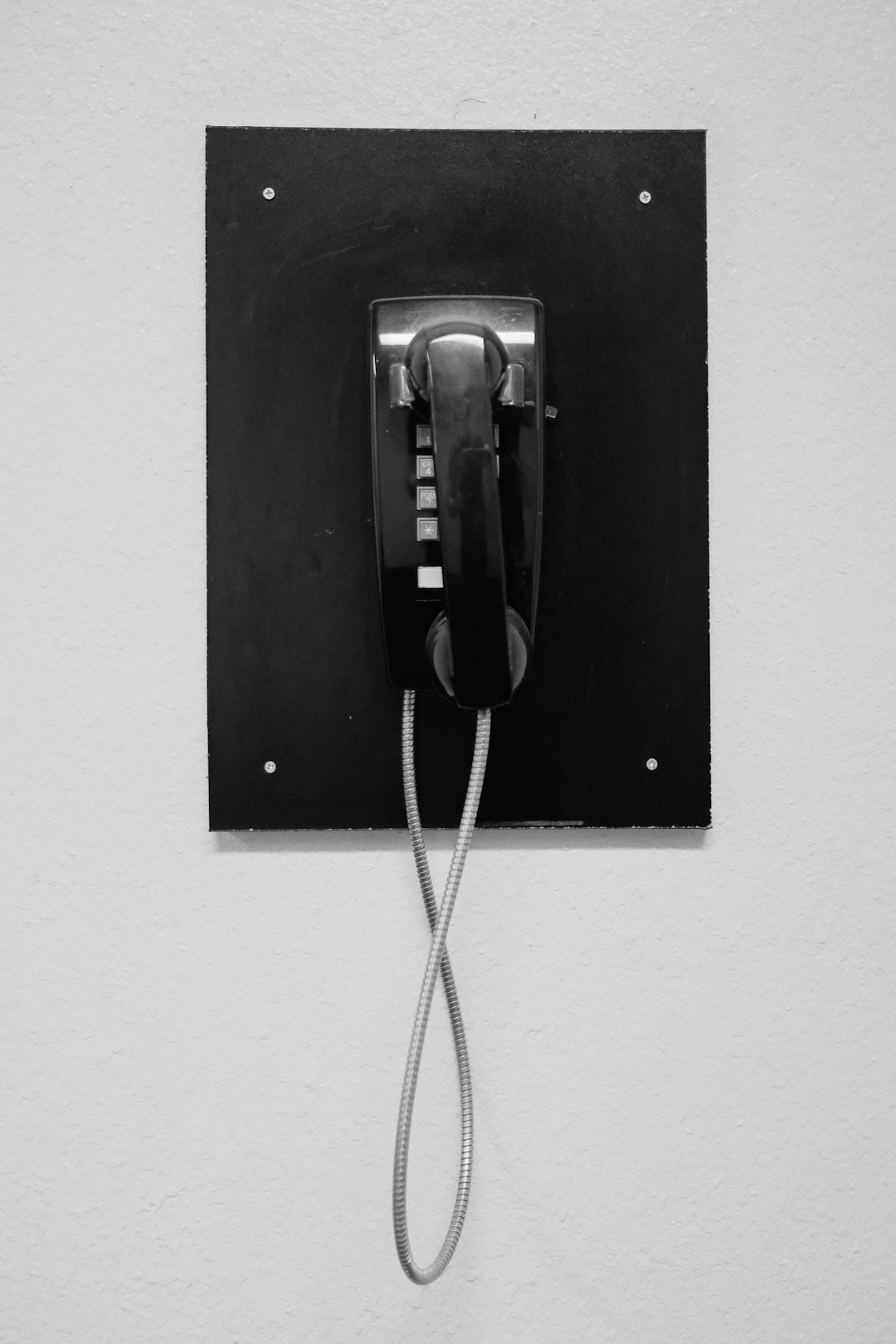Wisconsin laws like TCPA and state telecom regulations protect residents from spam texts. Block spam by registering on the National Do Not Call Registry, using app filters, documenting complaints to DATCP, and reporting persistent messages. Understanding your rights and taking proactive measures is crucial in reducing spam texts under Wisconsin's spam text laws.
In Wisconsin, understanding and adhering to anti-spam text message laws is crucial for consumers seeking to protect their privacy. This comprehensive guide navigates the legal steps and effective strategies to block unwanted text messages. By exploring the specific spam text laws in Wisconsin, you’ll gain insights into your rights and the actions you can take, from blocking numbers to reporting spammers, ensuring a safer digital experience.
Understanding Spam Text Laws in Wisconsin

In Wisconsin, the fight against spam texts is governed by state and federal laws designed to protect consumers from unsolicited messaging. The Telephone Consumer Protection Act (TCPA) at the federal level and Wisconsin’s own telecommunications laws provide a framework for addressing spam texts. These laws allow residents to take legal action against senders of unwanted text messages, including those promoting goods or services.
Understanding your rights under these laws is crucial. Wisconsin law permits individuals to block spam texts by registering their phone numbers on the National Do Not Call Registry or using tools provided by mobile carriers to filter out unsolicited messages. Additionally, businesses must obtain explicit consent before sending marketing texts, and consumers have the right to opt-out of future communications. Knowing your rights and taking proactive measures can significantly reduce the amount of spam texts you receive.
Legal Steps to Block Unwanted Texts

In Wisconsin, blocking spam texts legally involves understanding and utilizing the state’s consumer protection laws. The first step is to familiarize yourself with the laws governing telemarketing practices in Wisconsin. State laws prohibit unsolicited text messages, commonly known as spam texts, from businesses or individuals unless you have given explicit consent. You can register your phone number on the National Do Not Call Registry, which has provisions for both voice calls and text messages. This is a crucial step to opt-out of receiving unwanted marketing messages.
Additionally, Wisconsin’s laws allow consumers to file complaints against companies sending spam texts. If you receive persistent or harassing text messages, document their content, the sender’s information, and the dates of receipt. You can then report these incidents to the Wisconsin Department of Agriculture, Trade, and Consumer Protection (DATCP). The DATCP has the authority to investigate and take legal action against violators, ensuring your rights as a consumer are protected.
Effective Strategies for Spam Protection

In Wisconsin, blocking spam texts is a multifaceted approach that leverages both technological tools and legal protections. One effective strategy is to register your phone number on the National Do Not Call Registry, which limits telemarketing calls, including spam texts. Additionally, utilizing app-based filters and blockers designed to identify and block unwanted messages can significantly reduce the volume of spam you receive. Many of these apps learn and adapt over time, becoming more accurate in distinguishing between legitimate messages and spam.
Moreover, staying informed about the latest spam text laws in Wisconsin is crucial. The state has implemented regulations that make it illegal for senders to use deceptive or misleading tactics in their messaging. Reporting spam texts to your service provider and local law enforcement agencies is another proactive step. By doing so, you contribute to a collective effort to deter spammers and reinforce the legal protections available under Wisconsin’s anti-spam legislation.






